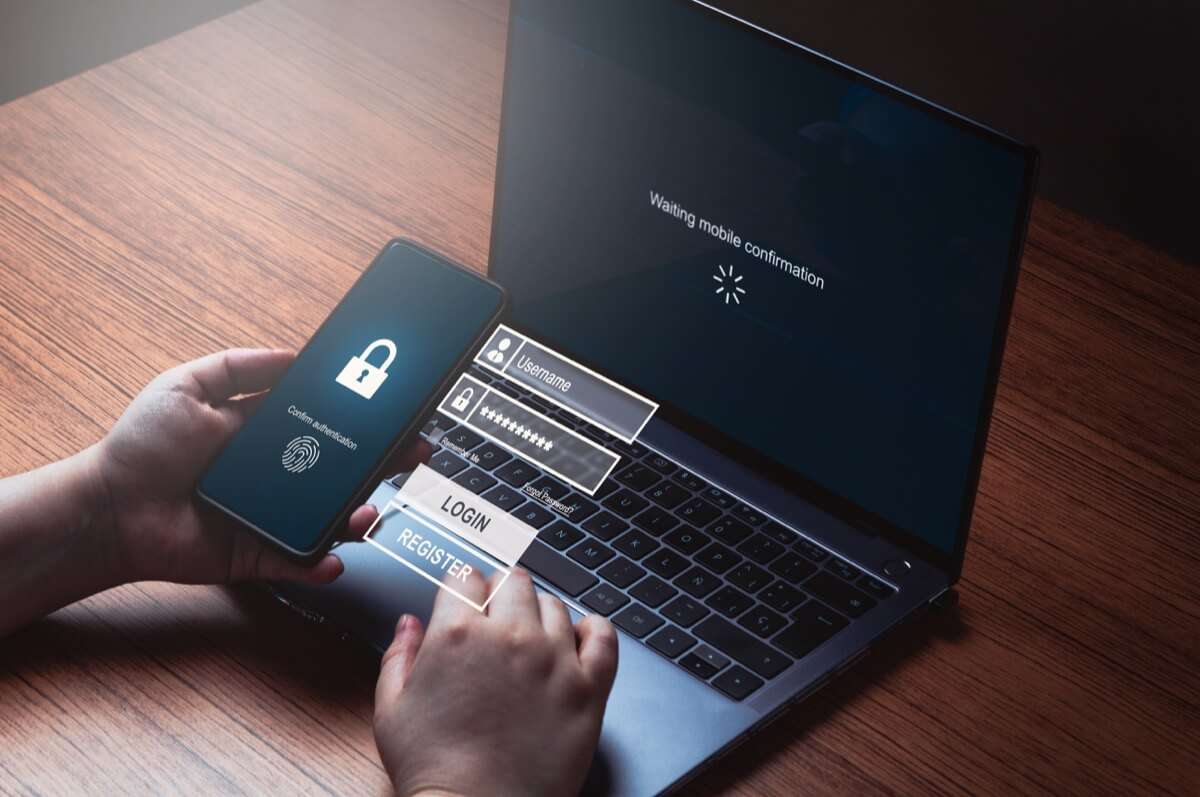Ensure your online identity is safe with these essential cybersecurity tips. Learn how to protect your digital presence from hackers and evolving threats.
In a world that is becoming increasingly digital, ensuring that your online identity is safe has never been more important. Every day, countless individuals fall victim to cyber threats that compromise their privacy, finances, and overall sense of security. With the rise of sophisticated attacks, from phishing schemes to ransomware, it is essential to understand the risks and take proactive measures to shield your digital identity. But what does it truly mean to protect your online identity, and how can you ensure your safety in the ever-evolving landscape of cybersecurity? Let’s dive deeper into this critical topic.
Understanding the Threat Landscape
Cybercriminals are constantly devising new ways to exploit vulnerabilities in digital systems. The risks are pervasive and can affect anyone, regardless of their technical expertise or online habits. To truly grasp the importance of keeping your online identity safe, you need to understand the most common threats:
- Phishing Attacks: Fraudulent emails or messages designed to trick you into revealing sensitive information, such as passwords or credit card details.
- Malware and Ransomware: Malicious software that can lock your files, steal personal data, or damage your devices until a ransom is paid.
- Identity Theft: The unauthorized use of your personal information for fraudulent activities.
- Man-in-the-Middle Attacks: Intercepting communications to steal data or inject malicious content.
These threats are not only invasive but can also lead to significant financial losses and emotional stress. Recognizing them is the first step toward safeguarding your online identity.
Practical Steps to Keep Your Online Identity Safe
Create Strong and Unique Passwords
The cornerstone of online security begins with strong passwords. A robust password should:
- Contain a mix of uppercase and lowercase letters, numbers, and special characters.
- Be unique for each account to minimize the impact of a single breach.
- Be stored securely using a password manager to avoid forgetting complex combinations.
Enable Two-Factor Authentication (2FA)
Two-factor authentication adds an extra layer of security to your accounts. Even if a hacker obtains your password, they would still need a second form of verification, such as a code sent to your phone or a biometric scan, to gain access.
Stay Alert to Phishing Scams
Phishing remains one of the most prevalent methods of stealing sensitive information. To avoid falling victim:
- Verify the sender’s email address and be cautious of unexpected messages.
- Avoid clicking on suspicious links or downloading unverified attachments.
- Report and delete phishing attempts immediately.
Keep Your Devices Secure
The devices you use to access online services are gateways to your digital identity. To ensure their security:
- Regularly update your operating system and software to patch vulnerabilities.
- Install reputable antivirus software to detect and block malware.
- Use a firewall to monitor and control network traffic.
Safe Browsing Habits
Your browsing habits play a significant role in maintaining your online identity safe. Here are some best practices:
- Avoid Public Wi-Fi: Public networks are often unsecured, making them a prime target for hackers. Use a Virtual Private Network (VPN) to encrypt your data when on public Wi-Fi.
- Verify Website Authenticity: Before entering personal information, ensure the site uses HTTPS and is from a trusted source.
- Limit Data Sharing: Be cautious about sharing personal details on social media or other platforms.
The Role of Education and Awareness
The cybersecurity landscape is constantly changing. Staying informed about the latest threats and best practices is crucial to keeping your online identity safe. Consider:
- Following reputable cybersecurity news outlets.
- Attending webinars or workshops on online safety.
- Teaching your family and friends about the importance of digital security.
Why It Matters More Than Ever
The consequences of a compromised online identity are far-reaching. From financial loss to reputational damage, the stakes are high. Moreover, as technology continues to integrate deeper into our daily lives, the potential for cyber threats grows. By prioritizing your cybersecurity, you not only protect yourself but also contribute to a safer digital ecosystem for everyone.
Take Action Today
Ensuring your online identity is safe requires vigilance, education, and the consistent application of security measures. Start by reviewing your current practices and identifying areas for improvement. Are your passwords strong and unique? Have you enabled two-factor authentication on all your accounts? The steps you take today can make a world of difference in securing your digital future.
Stay proactive, stay informed, and remember: protecting your online identity is not just a precaution—it’s a necessity.


